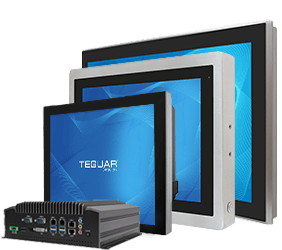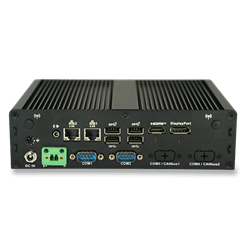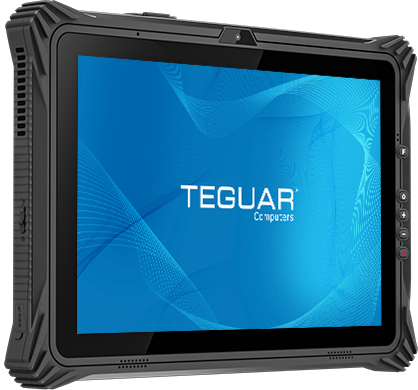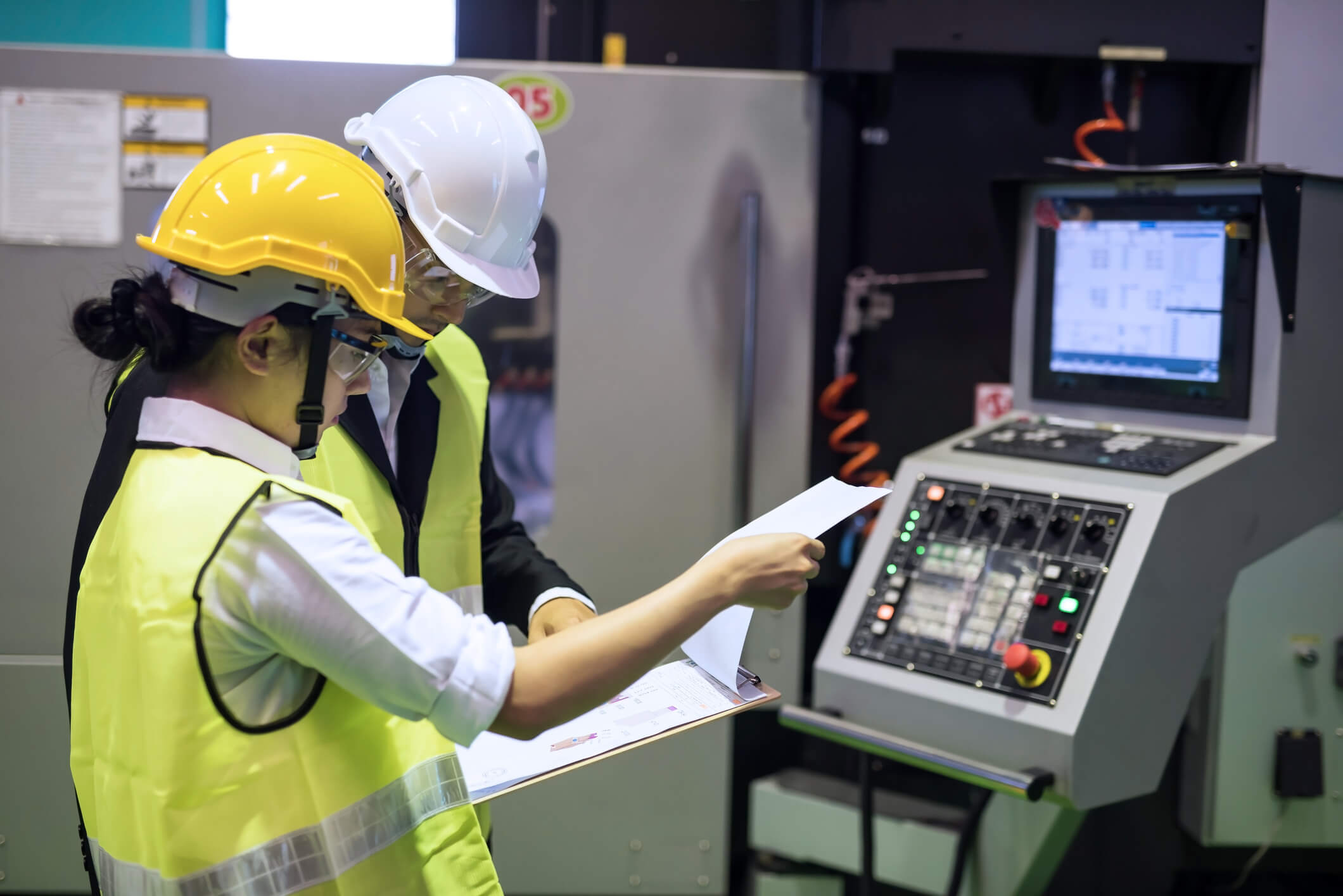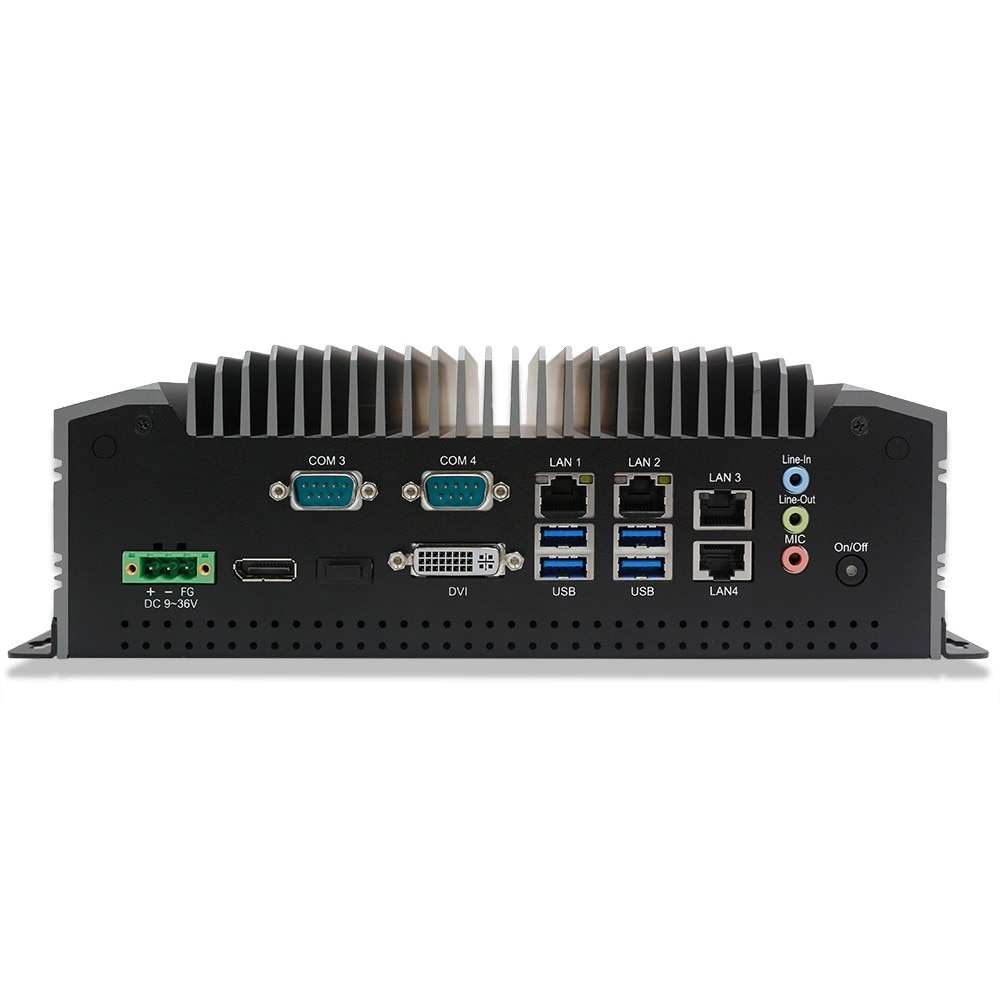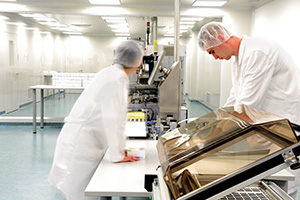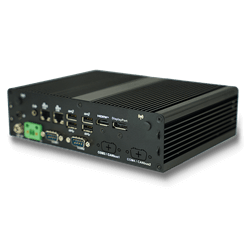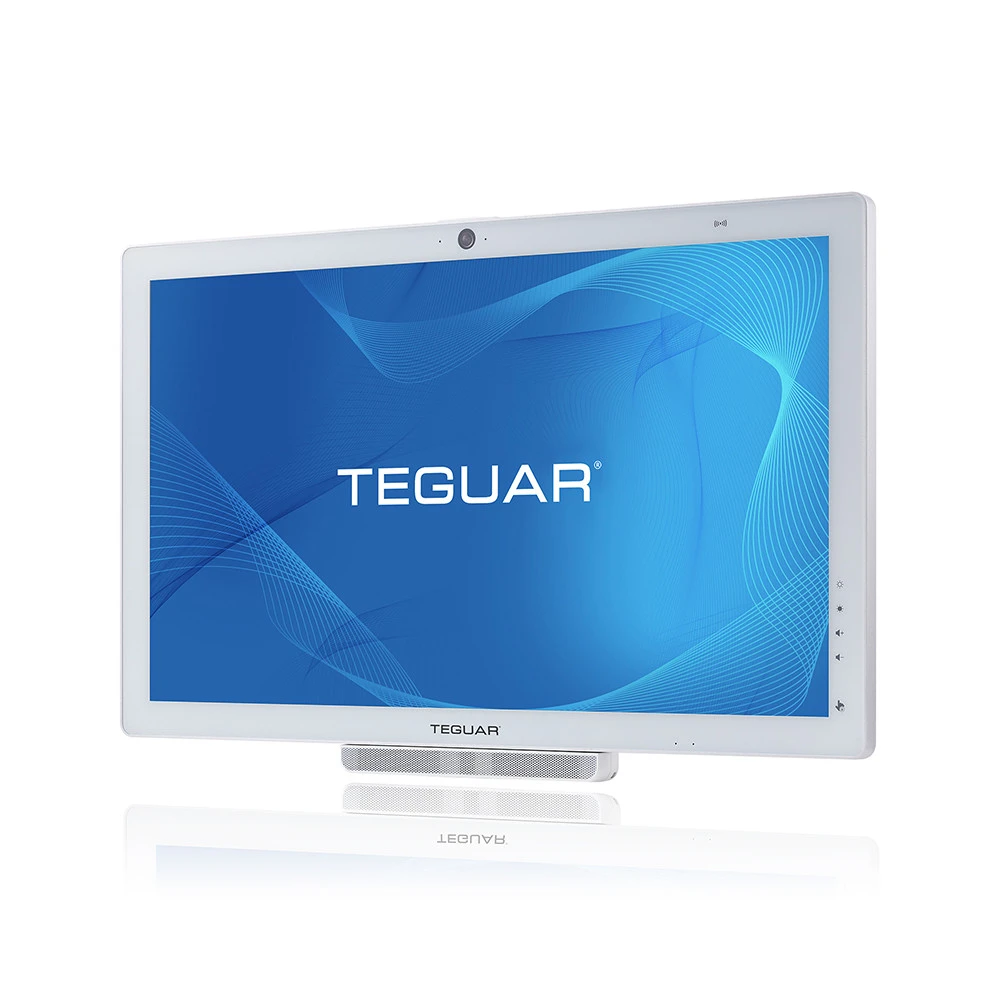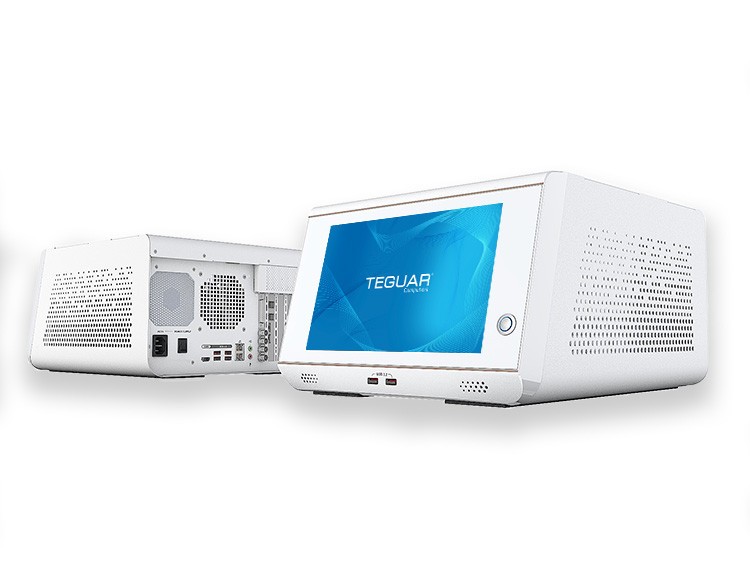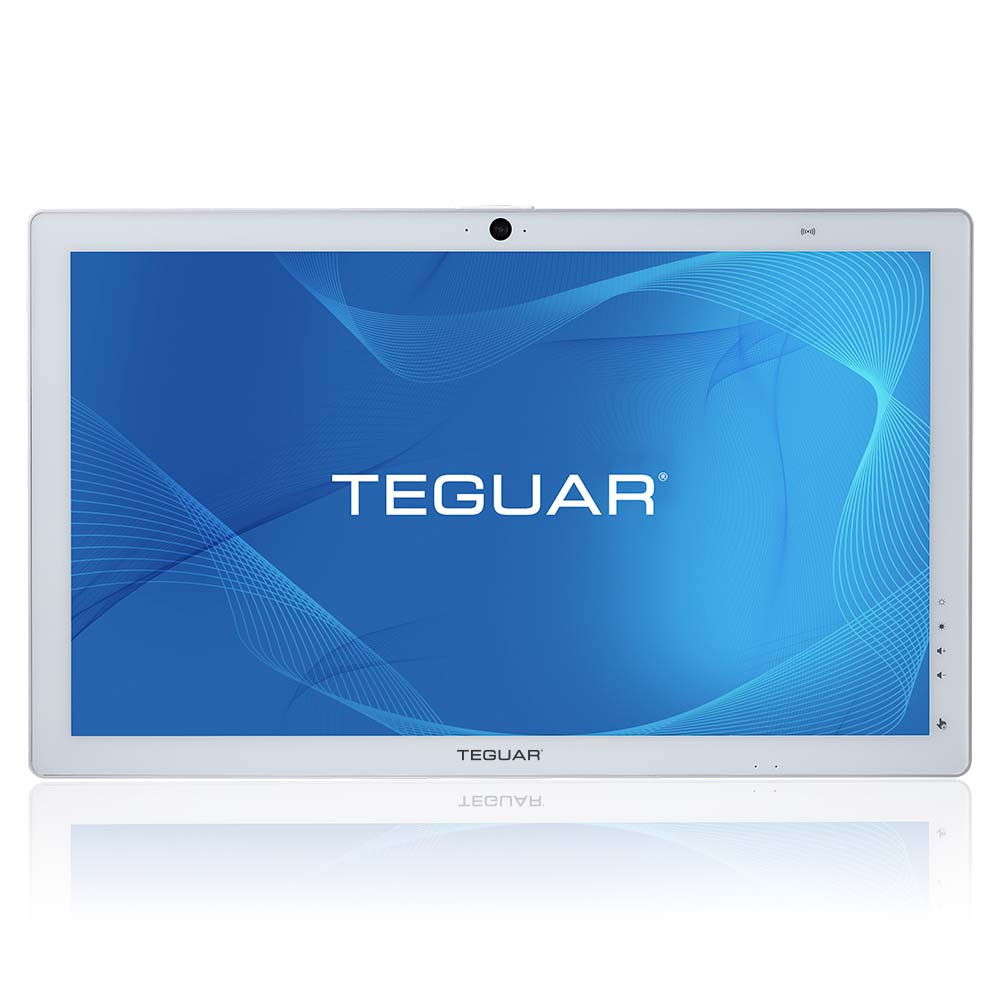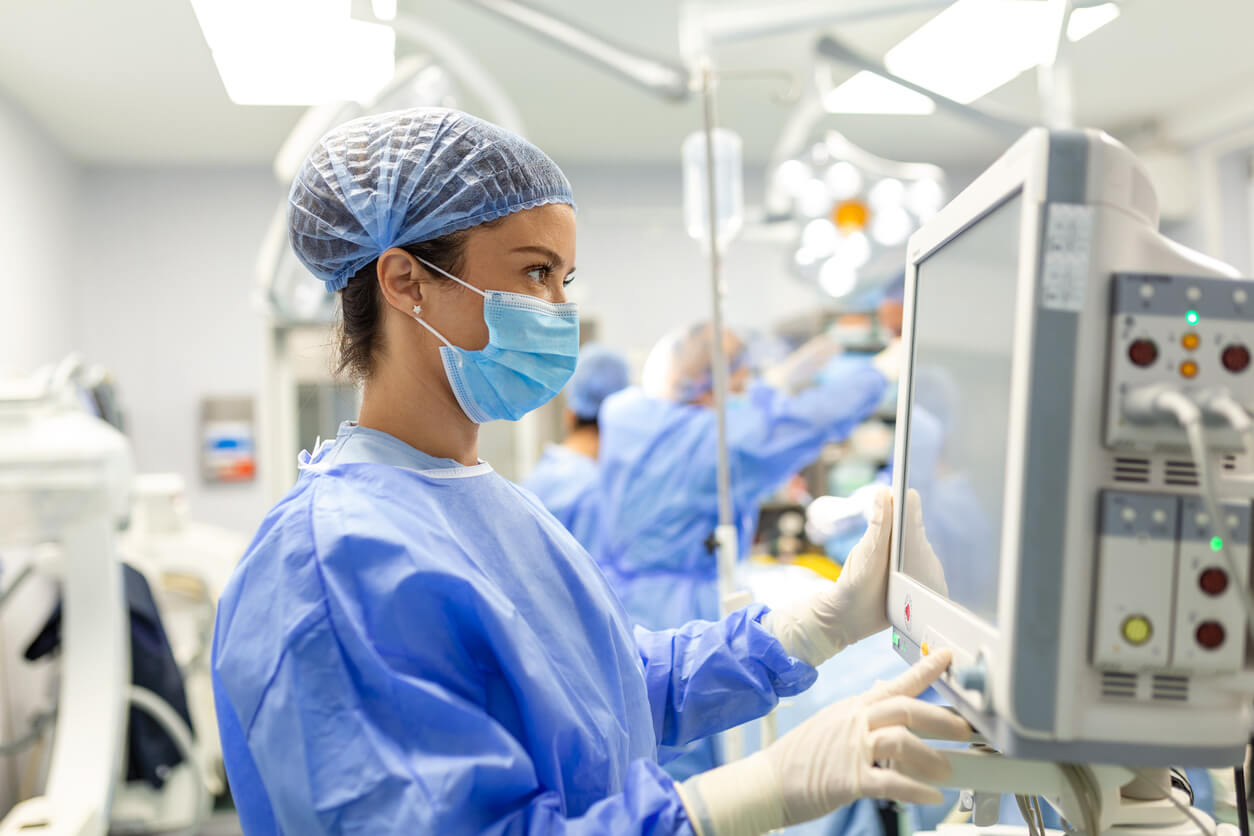How Tablet PCs are Changing Healthcare
In healthcare, computers and electronics have long played an important part in diagnosing, healing, and recording patient ailments. Now that computers have gone mobile, that more traditional landscape is shifting. Tablets are the up and coming go to device in the medical industry, and this new reliance on tablet PCs is updating healthcare processes to make them more efficient.
Mobility
The most obvious way that tablet PCs are changing healthcare is with mobility. Before, the most mobile a clinician could be was with a computer on a nurse’s cart, which could be bulky and unwieldy. Now, physicians can carry a tablet anywhere with them, potentially even in their pocket. They can take notes at the point of care and educate patients on their illnesses or injuries.
While a doctor may have an office, they often don’t spend much time there. It is possible that a doctor could see several patients in a row before being able to transcribe their notes and thoughts onto a computer in their office or in a nurse’s station. This could lead to mistakes being made. Using a medical tablet eliminates that problem since it can be taken and used anywhere.
Telemedicine
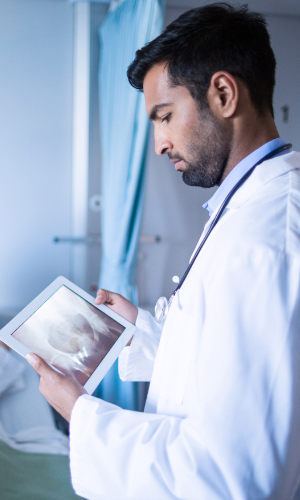 An emerging offering in the medical field today is telemedicine. Doctors and nurses can communicate with colleagues and patients virtually; adding significant convenience to the process of giving or receiving healthcare services. While telemedicine existed before tablets, now there is the ability to communicate, research, and diagnose while on the go.
An emerging offering in the medical field today is telemedicine. Doctors and nurses can communicate with colleagues and patients virtually; adding significant convenience to the process of giving or receiving healthcare services. While telemedicine existed before tablets, now there is the ability to communicate, research, and diagnose while on the go.
Emergency Response
When ambulances or helicopters pick up critically ill or injured patients, often precious time is lost during the hospital arrival. Emergency responders must communicate what has happened at the same time as rushing the patient into a treatment center. With a medical tablet PC, it is now common for responders to communicate important details, like vital signs, on the way so that the doctors and nurses at the hospital will be ready when they arrive. This ability can save patient lives in a situation where every second counts.
Medical Applications
Medical professionals are extremely busy and even the simplest things can help reduce stress. As medical tablets gain traction in healthcare, more and more specialty applications are being written. Digital scheduling allows doctors and nurses to track appointments. Medical visualization software assists healthcare professionals in accessing and viewing X-Ray and MRI results, which helps improve accurate diagnosis. Computer applications can even assist in calculating medication doses or serve as a visual/audio aid when explaining procedures/concepts to patients.
Storage
Another obvious way that tablets are updating healthcare is through the elimination of paper. Instead of searching through records rooms for patient information and history, personnel can search their name in an EMR database. Now, doctors no longer have to carry around heavy textbooks and reference books for more information on a disorder or diagnosis, they can look up the information on their tablet. These devices have the ability to hold a ton of information that can be accessed by employees on the network from remote areas. In addition, saving paper also saves these facilities money and helps the environment.
Teguar Medical Tablet PCs
At Teguar, we offer several medical tablet PC options. Our devices all have enclosures with anti-bacterial properties and are UL/EN 60601 medically certified. They also have optional accessories like barcode readers, fingerprint scanners, and RFID for improved convenience. If your organization is interested in medical tablets, contact us for more information.
Previous Article
3 Environments Where Computers Must Endure Temperature Fluctuations

